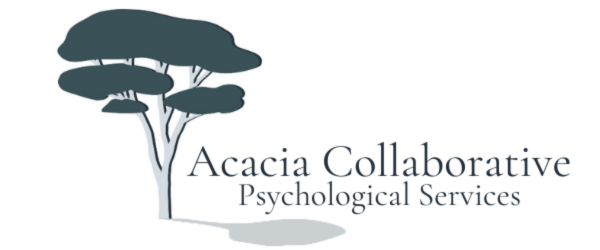In today’s fast-paced world, productivity is often seen as the key to success, whether at work or in personal life. But how can you cultivate habits that boost your productivity and improve your mental health? Let’s dive into practical strategies that help foster productivity, how productivity impacts your mental well-being, and how to stay productive even when there’s “nothing” to do.
How Do I Make Myself More Productive?
- Set Clear Goals
One of the most effective ways to boost productivity is to have clear, actionable goals. Breaking your tasks into small, manageable steps allows you to focus on one thing at a time, reducing overwhelm. Setting both short-term and long-term goals helps you stay motivated and on track. - Prioritize Tasks
Not all tasks are created equal. Using a prioritization method like the Eisenhower Matrix—dividing tasks into urgent, important, not urgent, and not important categories—helps you focus on what truly matters. Prioritizing tasks prevents the feeling of being busy without being productive. - Create Routines
Establishing routines can significantly improve your productivity. A well-planned morning routine can set the tone for the day, while evening rituals help wind down. Consistent habits around work and rest help maintain energy levels and mental clarity. - Limit Distractions
In the digital age, distractions are everywhere. Turn off notifications, designate quiet times, and set boundaries with colleagues or family members. These small changes can greatly enhance focus and task completion. - Take Breaks
Regular breaks can improve mental clarity and prevent burnout. The Pomodoro Technique, where you work for 25 minutes and take a 5-minute break, is a great way to maintain focus and energy levels throughout the day.
What Are Some Productivity Habits?
Consistency
Productivity flourishes with regular habits and routines that build momentum over time.
Reflection
Regularly evaluate your productivity strategies. What works? What doesn’t? Adjust accordingly.
Health Maintenance
Physical health directly impacts productivity. Prioritize exercise, a healthy diet, and sufficient sleep.
How Does Productivity Affect Mental Health?
Being productive has a significant effect on your mental health. When you’re engaged in meaningful activities and accomplishing tasks, it can lead to a sense of satisfaction and achievement. This positive feedback loop boosts your self-esteem and reduces feelings of anxiety or depression.
However, it’s crucial to strike a balance. Overworking and constantly pushing yourself can lead to burnout, stress, and even anxiety. Productivity should be a tool for enhancing your well-being, not a source of pressure. Incorporating self-care practices and giving yourself permission to rest is essential in maintaining a healthy balance.
How Do I Be Productive When I Have Nothing to Do?
It can be challenging to stay productive when you feel like there’s no immediate task at hand. But even in downtime, there are productive ways to spend your time:
- Learn Something New
Use your free time to acquire a new skill or dive into a hobby you’ve been putting off. Online courses, books, or even podcasts can be excellent ways to stimulate your mind and keep you engaged. - Organize and Plan Ahead
Even if your tasks seem minimal, taking the time to declutter your space or organize your schedule for the upcoming weeks can set you up for future productivity. - Focus on Mental Health
Use moments of “nothing” to focus on your mental well-being. Practice mindfulness, meditation, or journaling. These activities not only reduce stress but also contribute to long-term productivity by enhancing mental clarity and emotional resilience. - Volunteer or Help Others
Helping others or engaging in a community project can provide a sense of fulfillment and purpose, especially when you feel like there’s nothing pressing on your agenda.
Conclusion
Productivity doesn’t just involve crossing things off a to-do list; it’s about finding balance and creating habits that help you achieve meaningful goals without sacrificing your mental health. By incorporating simple habits, understanding the link between productivity and well-being, and finding ways to stay engaged during downtime, you can maintain a productive lifestyle that enhances both your personal and professional life.
Mental Health Therapy In North Carolina
Schedule Your Free ConsultationContact Acacia Collaborative
Ask a question or book an appointment below.
Hours
Monday through Friday
9AM-8PM
Saturday: 9AM-3PM
Durham Office:
3710 University Drive #302, Durham, NC 27707
Cary Office:
570 New Waverly Pl #210, Cary, NC 27518
Online Therapy
All of North Carolina
Insurance
Accepting Aetna, Blue Cross Blue Shield, State Health Plan, Out-of-Network Superbills & Private Pay
Services
Mental Health Therapy & Psychological Assessments

